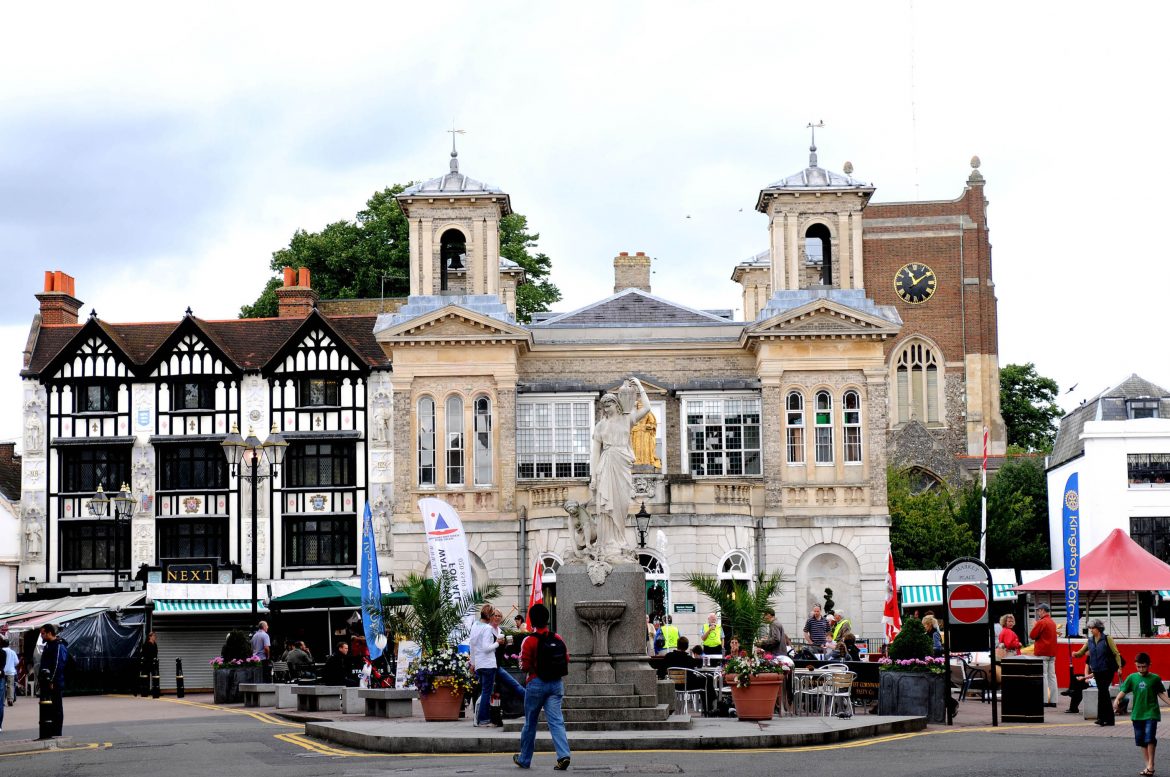Cross-class friendships – measured by earnings from high to low – shown to improve future chances of lower earners
Kingston’s lower income residents have the third highest number of high earning friends in London, new research has found.
The study from the Nuffield Foundation bodes well for the future prospects of lower earners, looking at a strong link between an individual’s “economic connectedness” and “success rate”.
This means that the more cross-class friendships a lower socioeconomic status (SES) person has, the more likely they are to become a high earner in future.
The study used Facebook data from more than 20m UK residents to estimate their income and social connections.
It found that areas with greater income diversity tend to score more highly in social mobility potential.
However, affluence is not the only factor impacting cross-class friendships.
The study noted that although Kingston and Canterbury have similar wealth levels, the proportion of low-SES individuals with high-income friends is almost 10% higher in Kingston.
The proportion of high-income friends amongst low-SES individuals in Kingston is 56%.
This is the third highest in all of London after the City of London (57.9%) and Richmond upon Thames (59.1%).
As Figure 1 shows, neighbourhoods in South West London were found to have comparably higher levels of economic connectedness than others surrounding the capital.
The study is still in its draft stage, but other factors such as proximity to London and political leanings are thought to play a part.
Kingston University and social mobility
The presence of a university in Kingston may help account for the borough’s good standing in the study.
The study showed that universities are some of the most powerful spaces for promoting social mobility, as they bring a diverse range of young people together.
Previous research has shown that graduates from disadvantaged backgrounds are far more likely to become higher earners than those who do not go to university.
The study by the Nuffield Foundation goes a step further, and looks at the importance of “friending bias” within universities.
Kingston ranked amongst the highest for its share of students forming cross-class friendships.
Friending bias refers to the tendency for low-SES individuals to form friendships with high-SES individuals, adjusted to the rate they are exposed to them at university.
Tom Harris, a researcher on the project, said: “In the case of Kingston University, the finding suggests that when students from different socioeconomic background are in contact with one another, they are relatively more likely to form friendships across class lines compared to other institutions.”
Cambridge also ranked amongst the top five, along with the universities of Reading, East London and Salford.
The link between cross-class friendships at university and its scope for social mobility is supported by previous research.
In the Sutton Trust’s most recent social mobility league table, Kingston University was named in the top ten.
The Trust’s 2021 study suggested that 13.8% of Kingston students came from a low-income background, and had been eligible for free school meals. Of these students, 28.8% of them went onto earn in the top 20% of earners before they turned 30.
In particular, the Sutton Trust named the pharmacology course as driving the university’s positive social mobility, as its graduates went on to become high earners.





